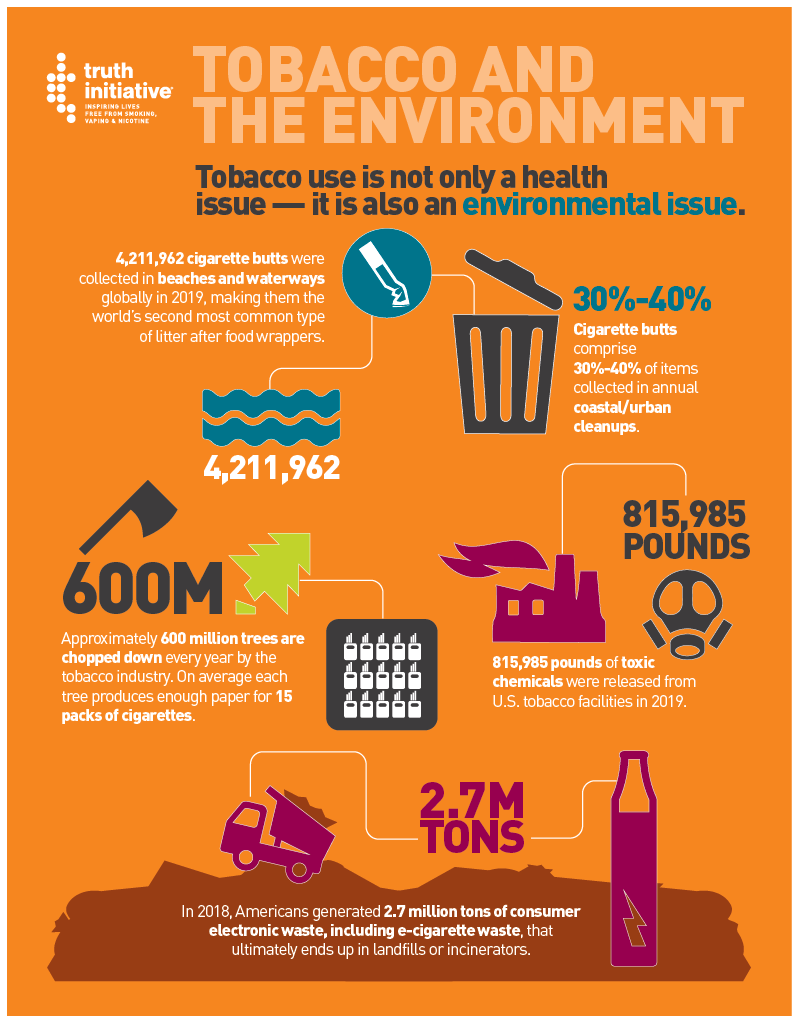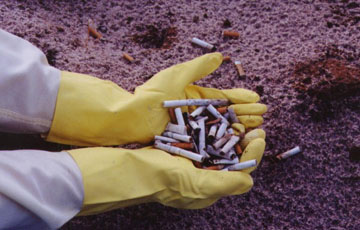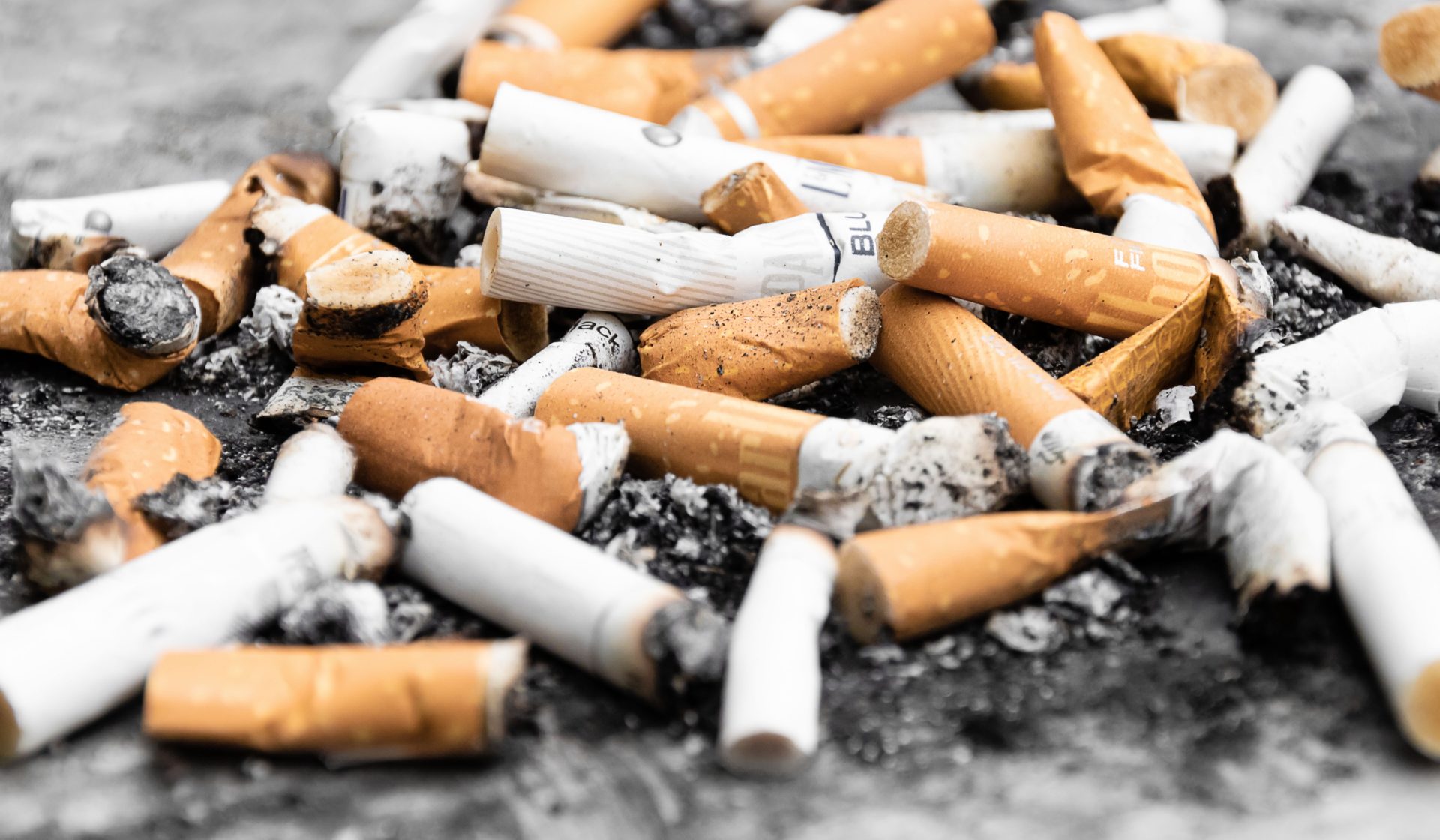Under new environmental regulations in Spain and Ireland, they will be forced to pay for part of the costs associated with ridding the streets of the millions of butts smokers discard annually.
In June, the World Health Organisation released a comprehensive report outlining the destructive effects of the tobacco industry on the planet.
Every year, cigarette manufacture costs the world some 600m trees, 200,000 hectares of land, and 84m tonnes of carbon dioxide released into the atmosphere.
These products are also reportedly the most littered item on Earth, containing 7,000 chemicals scientifically flagged as toxic to our environment.
At the time of the WHO’s publication, it was revealed that approximately 4.5 trillion filters pollute our oceans, beaches, rivers, streets, parks, and soil annually, with little to no responsibility being shouldered by the companies accountable.


Until today, that is, thanks to new legislations in Spain and Ireland (set to be extended continent-wide eventually) which seeks to limit tobacco’s growing ecological impact before it spirals further out of control.
The ruling, which comes into force this Friday, will make the industry primarily liable for cleaning up the perpetual mess it’s generating, conforming to a European Union directive which seeks to eradicate single-use plastics.
Currently, it’s taxpayers who are footing the bill for this effort, but under the regulation, companies must also pay to rid cities and towns of the copious butts that are discarded by smokers on a daily basis.
Manufacturers will additionally be responsible for educating the public not to dispose of this harmful waste out in the open given each butt takes almost a decade to decompose, though it remains unclear how this will be implemented.


Regardless, it’s assumed that this will provide one more incentive for consumers to quit the habit.
‘For too long we’ve had cigarette butts just cast aside which costs councils a great deal and demands a lot of volunteer work,’ said Bernie Kiely, a senior environment official in circular economy materials management.
‘This forces companies to rethink what they’re putting on the market and the costs involved. If they have to pay for litter clean-ups, if they have to pay for recycling, it’s putting that whole of life cost back on the producers who put it on the market in the first place.’
‘Reducing tobacco use and holding the industry accountable is a win-win for health and the planet.’

















